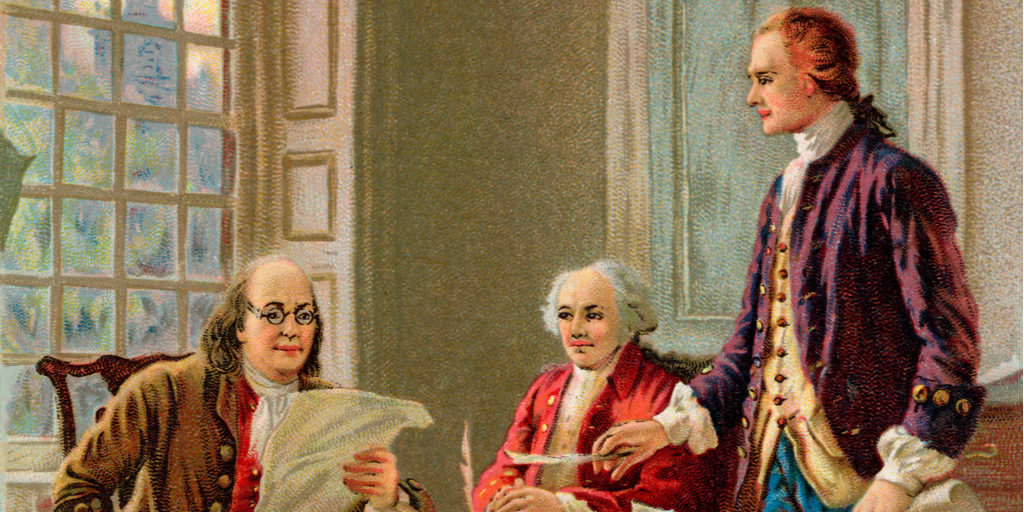Liberalism has never had a prefabricated essence ascertained all at once or implemented with a coherent plan.
The Divide Between Jefferson and Adams on Human Nature Is Ours Too
Gordon Wood has written another fine book, Friends Divided, focusing on the lives and ideas of two great but opposing figures in the Founding — Thomas Jefferson and John Adams. Wood’s historical reconsideration helps solve a puzzle. Why is Jefferson, an apostle of limited government, seen today as a precursor of progressivism? Is it merely a historical accident that progressives took over the Democratic party he founded or is there a strand of thought that links his party with Barack Obama’s?
Wood suggests that for Jefferson as well as many others of his contemporaries, the famous claim of the Declaration of Independence that “all men are created equal” went beyond the view that men are equal before the law to embrace the more extreme view that men are equal in substantive respects at birth. According to Wood this idea ultimately stemmed from the John Locke’s notion that the human mind was a tabula rasa and was shaped only by experience.
Jefferson favored limited government, but his belief was historically contingent: he believed that in his age governments actively undermined this natural equality. Old world governments did so obviously by enforcing a hierarchy through creating aristocracies. But big government in America could do the same: he feared that a national bank would be steered by financiers for theirs and their children’s benefit.
But the party of Jefferson changed its view on the role of the federal government. Later progressives who shared his notions of malleability of nature by experience came to believe that social norms, particularly the market, not government, distorted natural equality. And some were more hopeful that a more democratic government than existed at Jefferson’s time could be successful at moving toward equality. It is pretty clear that Jefferson was open to this kind of change: he even believed that Constitutions should be wholly reconsidered every few decades in light of experience.
Adams, in contrast, came to believe that the proposition that men were equal in substance at birth was self-evidently false. Nothing was clearer from his visit to a foundling home as recounted by Wood that individuals were born with different endowments. Moreover, it was also manifest that humans had some natural tendencies ingrained, most importantly self-love. Thus, Adams thought government was constrained by natural inequality and self-interest. The idea that it could preserve or restore a natural equality was foolish.
And just as Jefferson’s claims of malleability are a premise of much of modern progressivism, so are Adams’ views about the fixed nature of man a premise of much of conservatism. Government must be built on the recognition of self-interest with structural constraints, like separation of powers and federalism. Equality before the law was essential to republican government, but creating substantive equality was impossible and a recipe for perpetual conflict. Madison famously said of government that it was the greatest of all reflections on human nature. The division between Jefferson and Adams still captures a fundamental difference in this reflection between the left and right today.


